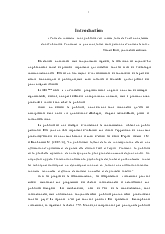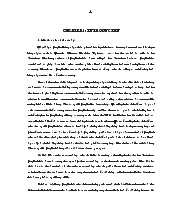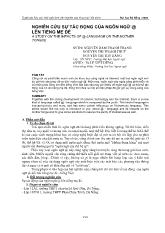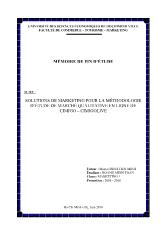Some types of verbal responses to questions in English and Vietnamese conversation
- Người chia sẻ : vtlong
- Số trang : 51 trang
- Lượt xem : 13
- Lượt tải : 500
Các file đính kèm theo tài liệu này
 noi%20dung%20luan%20van.doc
noi%20dung%20luan%20van.doc
- Tất cả luận văn được sưu tầm từ nhiều nguồn, chúng tôi không chịu trách nhiệm bản quyền nếu bạn sử dụng vào mục đích thương mại
Bạn đang xem trước 20 trang tài liệu Some types of verbal responses to questions in English and Vietnamese conversation, để xem tài liệu hoàn chỉnh bạn click vào nút DOWNLOAD LUẬN VĂN ở trên
In order to become competent in a foreign language, it is important for language learners not only to acquire new vocabularies and a new set of phonological and syntactic rules but also to learn what Wilson (1986) calls the rules of speaking: the patterns of sociolinguistic behavior of the target language. The rules of speaking involve us in knowing when and how it is suitable to open a conversation, what topics are appropriate to particular speech events, how speech acts are to be given and interpreted. In many cases, this interpretation goes beyond what the language learners might intend to convey and includes assessments such as “polite” and “impolite”.
In Vietnam, as the economy grows and international business develops, English proficiency becomes a master tool for young people to get a job. They encounter foreigners in everyday settings where communication is necessary. In the modern society, the need for communication is increasing, especially in the process of globalization, when communication spreads beyond the boundary of a country. During the last decades, linguistic researchers have broadened their focus of their interests from the development of grammatical competence to other areas of target language development, such as discourse and pragmatic competence, common speech routines, for example, requests, apologies, complaints, compliments, refusals, and the like have been most frequently studied in cross-cultural and interlanguage pragmatics. According to Tsui (1994), there seems to be little empirical research that has been conducted in responses to questions. For a long time, question-response has been considered one of the most basic structures of conversation (Schegloff, 1974) but as Tsui (1994; p. 160) points out: “responses have been given little attention in the speech acts literature. Most of the acts characterized and listed in the various taxonomies are illocutionary acts which are often done by making the function of utterance in discourse, and as many responding acts do not have a corresponding responding performative verb, this kind of analysis inevitably neglects responses”




